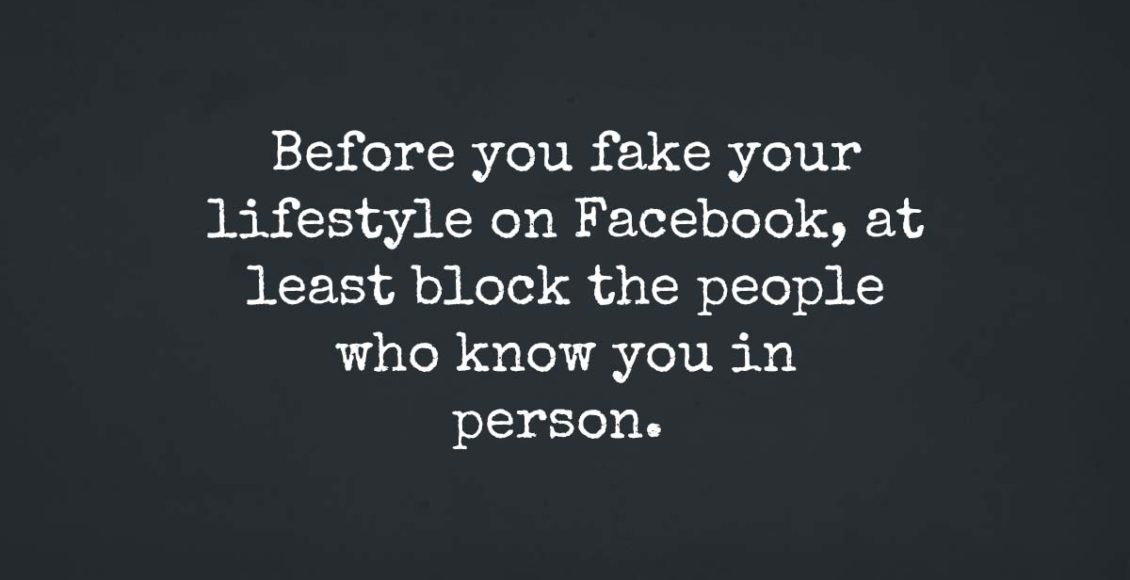Do you often feel lonely? If you would say that you sometimes or always feel like this, you are not alone in your struggle.
According to a 2018 CIGNA study of 20,000 participants, loneliness is now more prevalent than ever before. And if you also struggle with mental issues, it is likely that feeling alone and disconnected from the world is playing a big part in your anxiety or depression.
But why would you feel so lonely when you are constantly connected through social media?
The answer to that question is not a simple one.
46% of respondents in the CIGNA study reported always or sometimes feeling lonely.
And social media turned out to play a big role in these high figures. Studies suggest that using platforms such as Facebook, Instagram, or Snapchat to keep in touch with friends and form professional connections can add an extra layer of vitality and communication to your day to day life. However, if you spend long periods of time every day scrolling through your feed, trying to use social media as a substitute for real-life connection, your feelings of being alone will only exacerbate.
We have all been in a situation where we would wait for something or someone, traveling, or minding our own business, only to open our social media app just avoid eye contact or an awkward conversation with someone we wouldn’t want to communicate with.
And it is highly common for those suffering from social anxiety to turn to their apps to temporarily feel connected to other people. However, as soon as they switch them off, the feeling of connection dissolves and turns into depression. Moreover, looking at carefully selected photos of other people’s ‘amazing’ lives makes others feel as if everyone else is living a better life than them, has more friends, and so on. And people with low self-esteem are much more at risk of feeling this way. The web might start feeling like a sea of potential triggers: from comparing oneself to another to obsessively coming back to check if someone has ‘liked’ or commented on their post.
Young adults with high use of social media for two hours each day have double the chance of experiencing anxiety, according to a 2017 study.
In addition, the researchers found that people who spend a lot of their time online – meaning 50 or more visits per week – have three times the chance of perceived social isolation as people who logged on less than nine times per week. And it is both adults and younger people who are affected by all of this.
For more on the subject, please see the video below.
Do you believe that social media is more of a poison than a force for good?
Let us know by joining the conversation in the comments and please share this article if you’ve found it of value.



